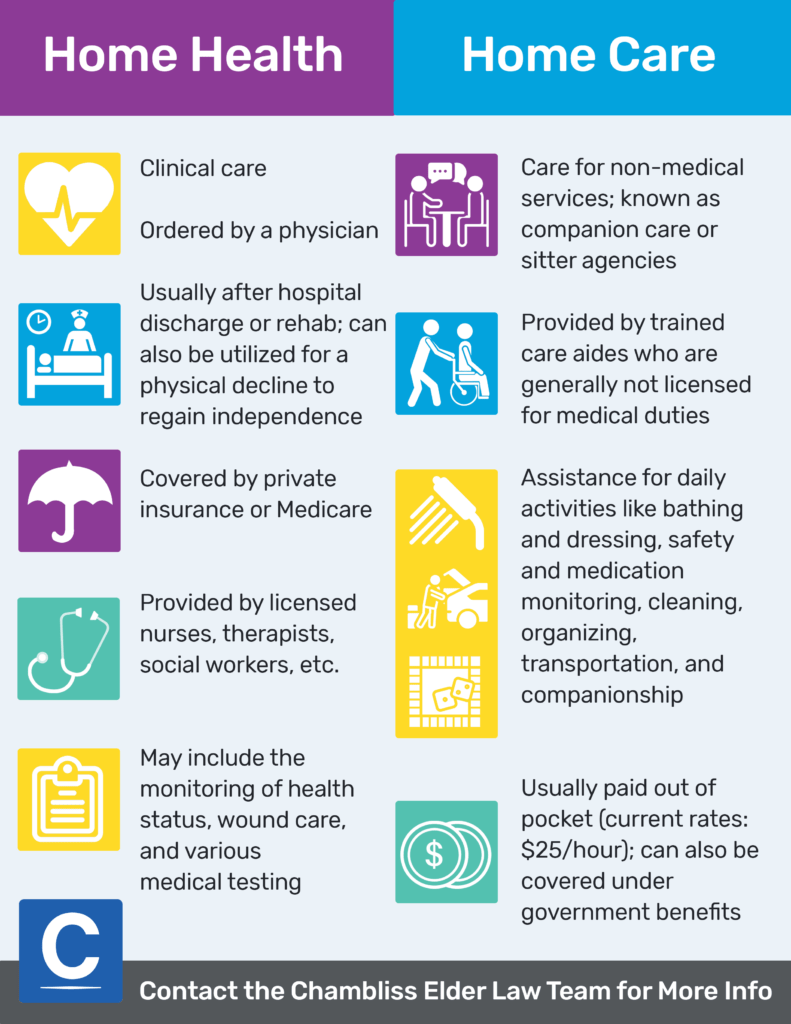Troubleshooting your support at home provider
Troubleshooting your support at home provider
Blog Article
Everything About Home Care Solutions for People With Disabilities: NDIS Registered Support
Home treatment solutions under the NDIS play a crucial role in sustaining individuals with specials needs. These services are created to enhance daily living via customized help, varying from personal treatment to wheelchair assistance. Comprehending how to navigate these alternatives can be intricate. This introduction checks out the different facets of NDIS home care, from offered services to the option of carriers, highlighting necessary factors to consider for those looking for support. The journey toward empowered treatment starts below.
Comprehending the NDIS and Its Function
The National Handicap Insurance Policy System (NDIS) works as a transformative structure made to offer assistance and services for individuals with disabilities. Developed to improve the top quality of life and warranty equitable access to necessary resources, the NDIS encourages participants by offering personalized plans tailored to their one-of-a-kind requirements. It aims to cultivate self-reliance, allowing individuals to seek their individual goals and aspirations.Through a structured technique, the NDIS allocates funding for various supports, consisting of education and learning, employment help, and area involvement. This all-inclusive scheme not just concentrates on immediate treatment but also emphasizes long-term developmental outcomes. By advertising option and control, the NDIS encourages individuals to select their favored company, guaranteeing that care straightens with their preferences and worths. Inevitably, the NDIS represents a significant dedication to enhancing the lives of individuals with specials needs, promoting inclusivity, and developing an extra helpful culture.
Types of Home Treatment Services Available
Various sorts of home care solutions deal with people with impairments, mainly concentrating on individual treatment aid and respite care choices. Individual treatment help offers important support with day-to-day activities, while break treatment provides short-term relief for primary caretakers. Understanding these solutions is crucial for guaranteeing the wellness of both people with specials needs and their families.
Personal Treatment Aid
While maneuvering life can offer challenges for people with handicaps, personal care help supplies essential support tailored to their one-of-a-kind requirements. This kind of home treatment service includes a series of activities developed to advertise independence and boost lifestyle. Individual care assistants aid with daily tasks such as bathing, dressing, brushing, and toileting, making sure individuals maintain personal hygiene and convenience. They might likewise help with dish prep work, medication monitoring, and movement assistance. By giving personalized treatment, these specialists empower individuals to engage more fully in their everyday routines and social tasks. On the whole, personal treatment assistance plays a significant function in fostering dignity and autonomy for those with specials needs, enabling them to thrive in their home atmosphere.

Respite Care Options
Respite care functions as a crucial source for families and caregivers of individuals with impairments, providing short-lived remedy for the needs of day-to-day caregiving. This sort of service can take various types, consisting of at home respite treatment, where experienced professionals visit the home to aid with treatment jobs. Family members may opt for facility-based reprieve care, where people get care in a customized setting, allowing caretakers to take a break. Additionally, some companies provide emergency situation reprieve solutions for unforeseen scenarios. These alternatives not just help alleviate caretaker stress yet additionally advertise the well-being of individuals with disabilities by using them brand-new experiences and social interaction. On the whole, respite care plays a critical role in supporting both caregivers and those they care for.

Just How to Access NDIS Home Care Providers
Accessing NDIS home treatment services includes recognizing the qualification requirements stated by the National Handicap Insurance Plan. Individuals need to browse a structured application process to secure the necessary assistance customized to their demands. This area will clear up both the qualification demands and the steps associated with using for solutions.
Eligibility Requirements Described
To get NDIS home treatment services, people have to fulfill certain qualification standards that analyze their conditions and needs. First, applicants must be aged between 7 and 65 years and have a substantial and irreversible handicap that affects their capacity to carry out daily activities. In addition, they need to be an Australian citizen, a permanent homeowner, or hold a Protected Unique Group Visa. The NDIS needs evidence of the disability, normally with clinical assessments or reports. Individuals ought to show that they call for assistance to participate in economic and social life. These standards ensure that solutions are routed in the direction of those who genuinely need help, advertising independence and enhanced top quality of life for individuals with specials needs.
Application Refine Actions
Can I Choose My Very Own Assistance Workers Via NDIS?
The private asked whether they could choose their own support workers under the NDIS framework. Typically, individuals have the versatility to choose assistance employees, fostering personalized treatment that aligns with their specific requirements and choices.
What Takes place if My Demands Change After Receiving Assistance?
They must communicate these modifications to their service supplier if an individual's requirements change after getting assistance. Modifications can be made to the care strategy, guaranteeing that the support continues to be appropriate and effective for their situations.

Exist Restricts on The Amount Of Hours of Treatment I Can Obtain?
The specific made inquiries about potential limits on the number of care published here hours got. Normally, such restrictions might exist based upon particular policies or funding plans, stressing the importance of assessing agreements and guidelines on a regular basis.
Can I Make Use Of NDIS Financing for Home Adjustments?
The concern of utilizing funding for home adjustments occurs frequently. Typically, individuals might make use of NDIS financing for needed modifications to their homes, making sure access and safety and security, section upon meeting specific qualification requirements and guidelines.
How Do I Handle Issues Regarding My Home Care Services?
To resolve issues regarding home care solutions, individuals should initially document their concerns. They can interact straight with their service provider, looking for resolution, or escalate the concern to appropriate oversight bodies if essential. Home treatment solutions under the NDIS play a crucial duty in supporting people with impairments. Numerous types of home treatment services cater to people with impairments, largely focusing on individual care help and respite care alternatives. home care providers. Individual treatment support provides vital support with everyday activities, while break care supplies short-term alleviation for primary caretakers. Households might opt for facility-based reprieve care, where people try this out get treatment in a specific environment, permitting caretakers to take a break. Exactly how can families successfully manage the monetary elements of home treatment services for individuals with specials needs?
Report this page